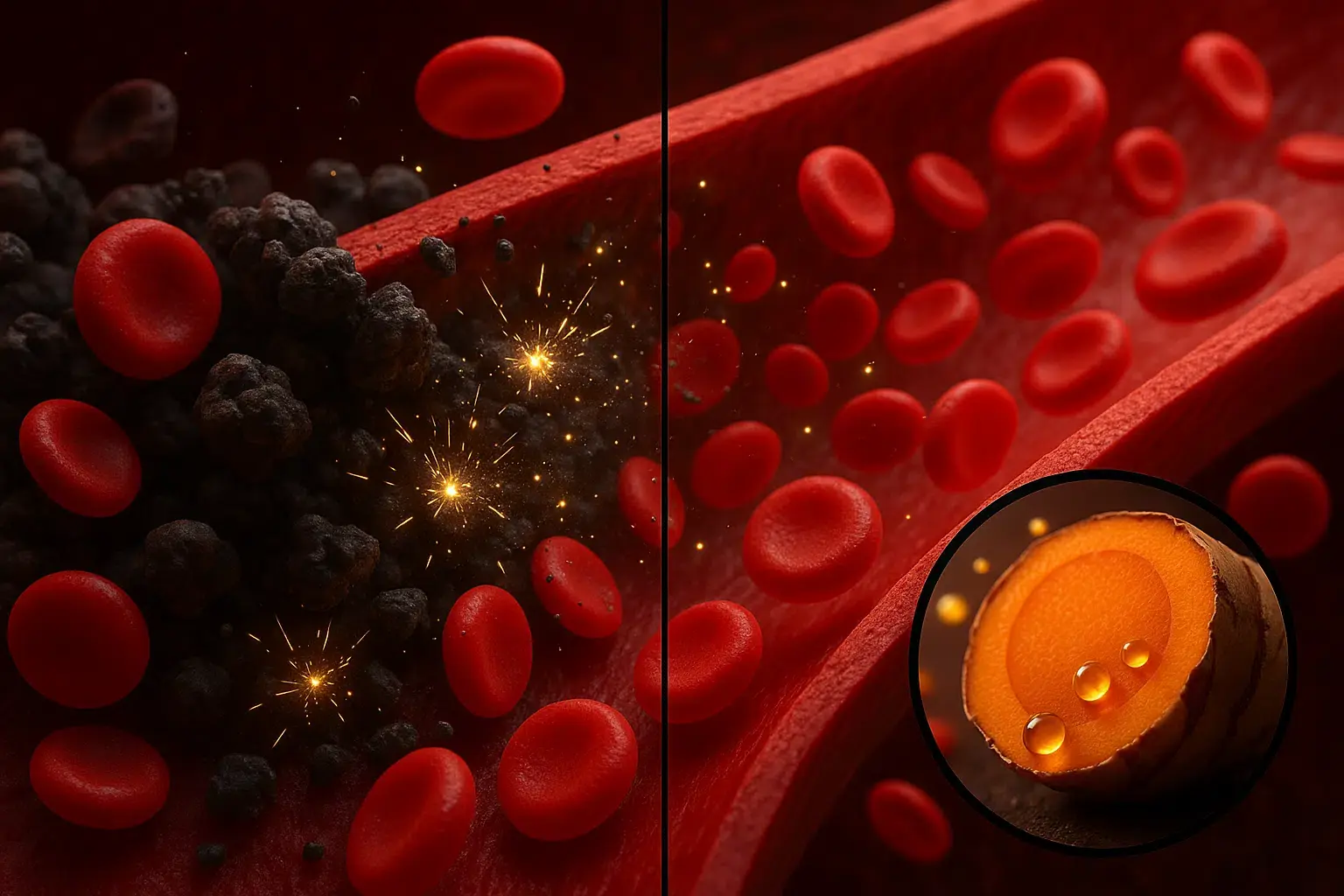
The #1 seed that makes bones & muscles strong—how to use it!
Are you searching for a simple, affordable way to strengthen your bones and muscles without expensive supplements? You might be surprised to learn that the secret could already be sitting in your kitchen cabinet. Today, we’re exploring the incredible power of seeds—tiny nutritional giants that can dramatically enhance your strength, flexibility, and joint health.
But a word of caution: not all seeds are beneficial. Some commonly praised ones can actually be harmful when consumed incorrectly. In this guide, you’ll learn which seeds truly deserve a place in your diet, how to prepare them for maximum nutrient absorption, and which ones you should completely avoid.
Imagine a 61-year-old man who wakes up nightly with excruciating calf cramps. The culprit? Low magnesium levels. Instead of reaching for pills, a simple handful of pumpkin seeds each evening could relieve his cramps, relax his muscles, and even improve his sleep quality. Let’s dive into how — and uncover eight more seed-based superfoods your body will thank you for.
🌰 9. Pumpkin Seeds — The Magnesium Powerhouse
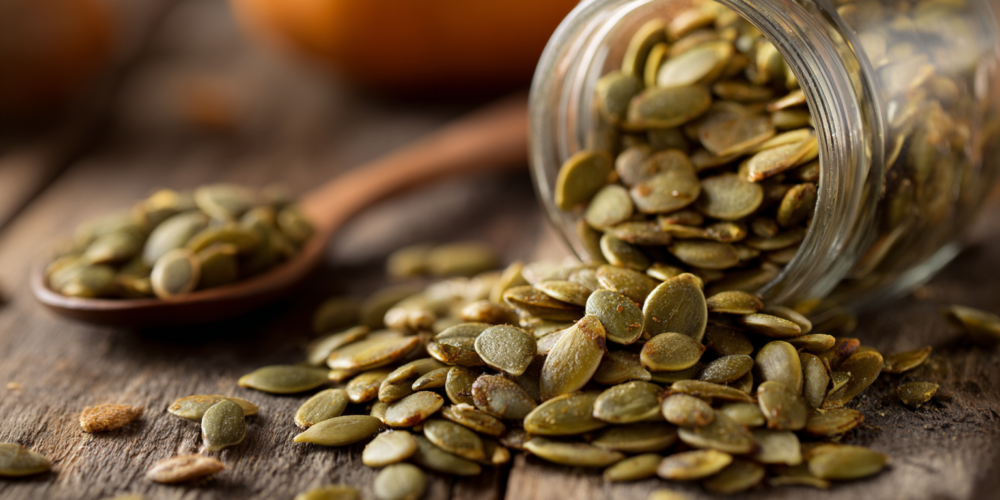
Pumpkin seeds (pepitas) are small but mighty when it comes to muscle and bone health. They are one of nature’s richest sources of magnesium, a mineral essential for muscle relaxation and nerve function. When magnesium levels drop, muscles contract involuntarily — causing those painful nighttime cramps.
Just half a cup of pumpkin seeds provides nearly half your daily magnesium needs. Magnesium doesn’t just relax muscles; it also partners with calcium to strengthen bones and ensure that calcium is absorbed properly. While many people spend money on calcium supplements, pumpkin seeds naturally deliver calcium, magnesium, and zinc — all in an optimal balance for bone formation and muscle repair.
Additionally, these seeds supply healthy fats that help lubricate joints and reduce inflammation, supporting smoother, pain-free movement. For best results, eat pumpkin seeds raw or lightly toasted at home. Avoid commercial salted versions or those roasted at high temperatures, as heat can destroy their delicate oils.
Key Takeaways
-
Excellent source of magnesium for muscle relaxation and cramp prevention.
-
Provide calcium, magnesium, and zinc for optimal bone strength.
-
Contain anti-inflammatory fats that support joint lubrication.
-
Best consumed raw or lightly toasted, unsalted.
🌻 8. Sunflower Seeds — The Vitamin E Guardian
Often dismissed as a casual snack, sunflower seeds are actually among the best natural sources of vitamin E — a potent antioxidant that shields muscle cells from oxidative damage. During physical activity, your muscles produce free radicals that can weaken tissues over time. Vitamin E neutralizes these radicals, protecting your cells and improving recovery.
Half a cup of sunflower seeds contains twice your daily vitamin E requirement, as well as phosphorus, which works with calcium to build stronger bones. They’re also rich in selenium, a trace mineral that aids muscle tissue repair and reduces joint inflammation.
To get the most out of them, toast sunflower seeds gently at home and eat them unsalted. Pair them with vitamin C-rich foods such as strawberries or bell peppers — this enhances iron absorption and overall nutrient uptake.
Key Takeaways
-
Powerful source of vitamin E for muscle protection and recovery.
-
Provide phosphorus and selenium for bone strength and anti-inflammatory benefits.
-
Consume raw or lightly toasted; avoid salted commercial types.
-
Pair with vitamin C foods for improved nutrient absorption.
⚠️ Beware: Not All Seeds Are Safe
While seeds are generally healthy, some varieties are toxic when consumed in excess. For example, seeds from apples, pears, apricots, and cherries contain amygdalin, a compound that converts to cyanide when chewed or crushed. Even small amounts can cause dizziness or nausea.
Similarly, avocado pits contain persin, which can be harmful to humans, and papaya seeds, though used in traditional remedies, may cause kidney damage or temporarily reduce fertility when eaten in large amounts.
Remember — “natural” does not always mean “safe.” Stick to seeds that have been scientifically validated and consumed safely for centuries.
🥣 7. Sesame Seeds — The Calcium Champion
Sesame seeds, also known as ajonjolí, are ancient superfoods with a remarkable nutrient profile. Gram for gram, they contain more calcium than milk. Just one tablespoon provides about 88 mg of calcium, plus magnesium and phosphorus in an ideal ratio for absorption.
Ancient Egyptians valued sesame seeds for their ability to sustain energy and strengthen workers who built the pyramids. Modern research backs this up — sesame seeds contain lignans, plant compounds that protect joint cartilage and reduce oxidative stress.
For maximum benefit, grind sesame seeds or use them as tahini (sesame paste). Whole seeds often pass through your system undigested. Pair them with vitamin D-rich foods or sunlight exposure to boost calcium absorption. Black sesame seeds are especially rich in minerals and antioxidants.
Key Takeaways
-
High in calcium, magnesium, and phosphorus for strong bones.
-
Lignans protect cartilage and joints from wear and tear.
-
Must be ground or eaten as tahini for full absorption.
-
Pair with vitamin D or sunlight for better calcium uptake.
🌾 6. Flaxseeds — Inflammation Fighters and Bone Builders
Flaxseeds are one of the best plant sources of alpha-linolenic acid (ALA), a type of omega-3 fatty acid that reduces inflammation throughout the body. Chronic inflammation is a major cause of muscle stiffness, fatigue, and bone loss — and flaxseeds help fight it naturally.
They also contain lignans, phytoestrogens that help maintain bone density, especially in postmenopausal women. Flaxseeds’ soluble fiber supports digestion and detoxification, removing toxins that can contribute to inflammation.
For absorption, flaxseeds must be ground, as whole seeds simply pass through the intestines. Store ground flaxseed in the refrigerator to preserve its delicate omega-3 oils.
Key Takeaways
-
Omega-3s reduce inflammation and improve flexibility.
-
Lignans support bone density and hormonal balance.
-
Ground flaxseeds are essential for nutrient absorption.
-
Store in a cool, airtight container to prevent oxidation.
🌱 5. The Power of Sprouting — Triple the Nutrients
Sprouting is one of the simplest ways to multiply a seed’s nutritional power. When you soak and sprout seeds, enzymes activate and phytic acid—which normally locks away minerals—is broken down. This process releases magnesium, zinc, and iron, making them far more absorbable.
Sprouted seeds are easier to digest, richer in vitamins (especially B vitamins and vitamin C), and have a milder flavor. You can sprout seeds like alfalfa, mung beans, sunflower, or lentils. Simply soak overnight, rinse twice daily, and watch them grow!
Key Takeaways
-
Sprouting increases vitamin and mineral bioavailability up to threefold.
-
Reduces antinutrients like phytic acid for easier digestion.
-
Boosts enzyme activity and protein digestibility.
⚡ 4. Chia Seeds — The Endurance Fuel

Tiny but powerful, chia seeds provide complete protein, containing all essential amino acids necessary for muscle repair. Their unique gel-forming property allows for slow nutrient release, keeping energy levels stable throughout the day.
Two tablespoons of chia deliver about 5 grams of protein plus a wealth of calcium and boron, a trace mineral that enhances calcium absorption and bone strength.
Always hydrate chia seeds before eating — soak them in water or milk for at least 15 minutes. This improves digestibility and prevents discomfort. Chia pudding, overnight oats, or smoothies are perfect ways to enjoy them.
Key Takeaways
-
Provide complete plant protein for muscle repair and growth.
-
Release nutrients slowly for long-lasting energy.
-
Contain calcium and boron for bone strength.
-
Always soak before consuming.
🌿 3. Hemp Seeds — The Complete Protein Source
Hemp seeds are often called a “perfect food” for good reason. They contain all nine essential amino acids, making them a complete protein source ideal for muscle maintenance, especially as we age.
Three tablespoons pack about 11 grams of high-quality protein, along with magnesium, iron, and omega-3 and omega-6 fatty acids in the ideal 3:1 ratio for inflammation control. These fats also help repair muscle fibers and keep joints lubricated.
Hemp seeds have a pleasant nutty flavor and can be sprinkled over salads, yogurt, or smoothies. You can also use cold-pressed hemp oil, but never heat it, as high temperatures destroy its beneficial compounds.
Key Takeaways
-
Complete protein that helps prevent muscle loss.
-
Rich in anti-inflammatory omega fatty acids.
-
Provides key minerals for joint and muscle support.
-
Use raw hemp seeds or cold-pressed oil — never heat.
🌼 2. Poppy Seeds — Joint Lubricators and Bone Builders
Poppy seeds are a lesser-known but powerful source of calcium and phosphorus, working together to build strong bones and teeth. They’re also rich in linoleic acid, a healthy fat that acts like natural joint lubrication, reducing stiffness and improving mobility.
As with sesame, grind poppy seeds before eating to unlock their nutrients. Sprinkle them over yogurt, add to smoothies, or use in baked goods for a subtle nutty flavor.
Key Takeaways
-
Provide calcium and phosphorus in optimal ratios.
-
Linoleic acid supports joint flexibility.
-
Grind before consuming for maximum absorption.
🌰 1. Sacha Inchi Seeds — The Amazon’s Omega-3 Miracle
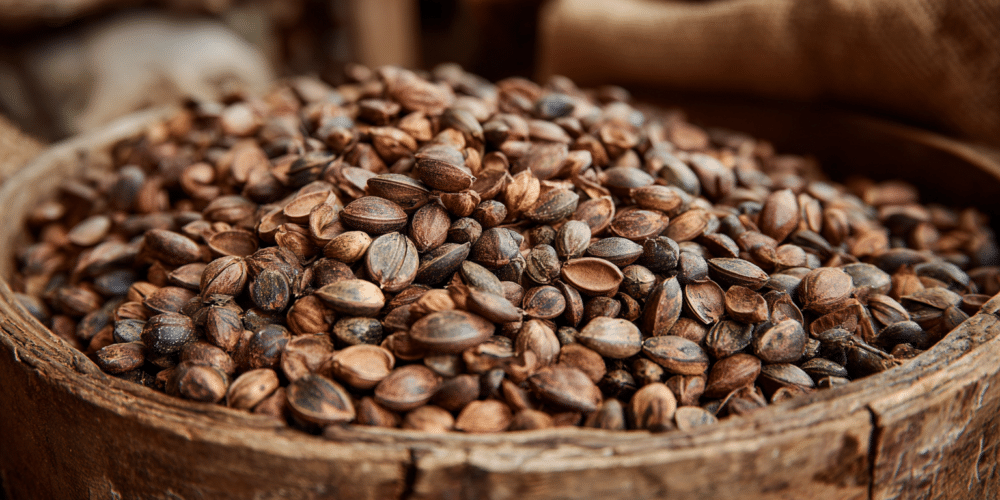
Native to the Amazon rainforest, Sacha Inchi seeds are among the richest plant-based sources of omega-3 fatty acids, with a profile that even rivals fish oil. They’re also packed with protein and tryptophan, which helps the body produce serotonin — improving mood, recovery, and sleep.
These seeds supply minerals that enhance omega-3 absorption and further reduce inflammation. You can consume Sacha Inchi seeds roasted at low heat or enjoy them as cold-pressed oil. For extra benefit, pair them with vitamin C-rich fruits to support collagen production and joint repair.
Key Takeaways
-
Highest plant source of omega-3s.
-
Rich in protein and tryptophan for muscle repair and mood.
-
Synergistic minerals enhance anti-inflammatory action.
-
Combine with vitamin C for collagen and joint support.
🚀 Smart Seed Combinations — Avoid These Mistakes
Be mindful of how you consume your seeds. Mixing them with fruit juices may sound healthy but can backfire. The high sugar content in juice causes rapid insulin spikes, which block mineral absorption and increase inflammation.
Instead, blend seeds with unsweetened plant-based milk, leafy greens, or healthy fats like avocado. This ensures stable blood sugar, better nutrient absorption, and sustained energy. Always read labels carefully to avoid added sugars.
🔑 The Bottom Line: Small Seeds, Massive Impact
Consistency is the secret to lasting strength and vitality. By integrating these nutrient-rich seeds into your meals every day, you provide your body with the building blocks it needs to repair, strengthen, and thrive.
It’s never too early — or too late — to support your bones, muscles, and joints naturally. Start today with a small handful of the right seeds, and over time, your body will reward you with greater mobility, endurance, and lasting health.
News in the same category

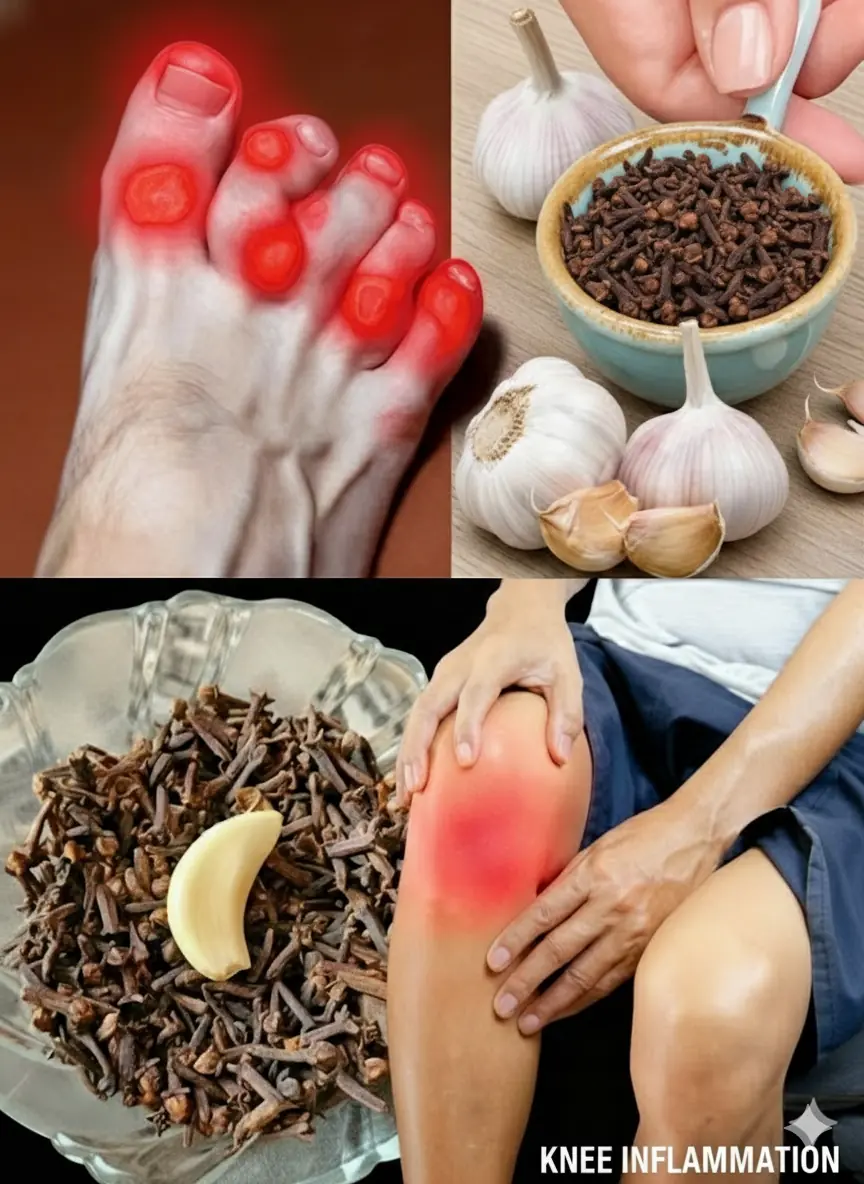
Garlic Clove Oil: The Homemade Remedy That Transformed My Mother’s Chronic Leg Pain
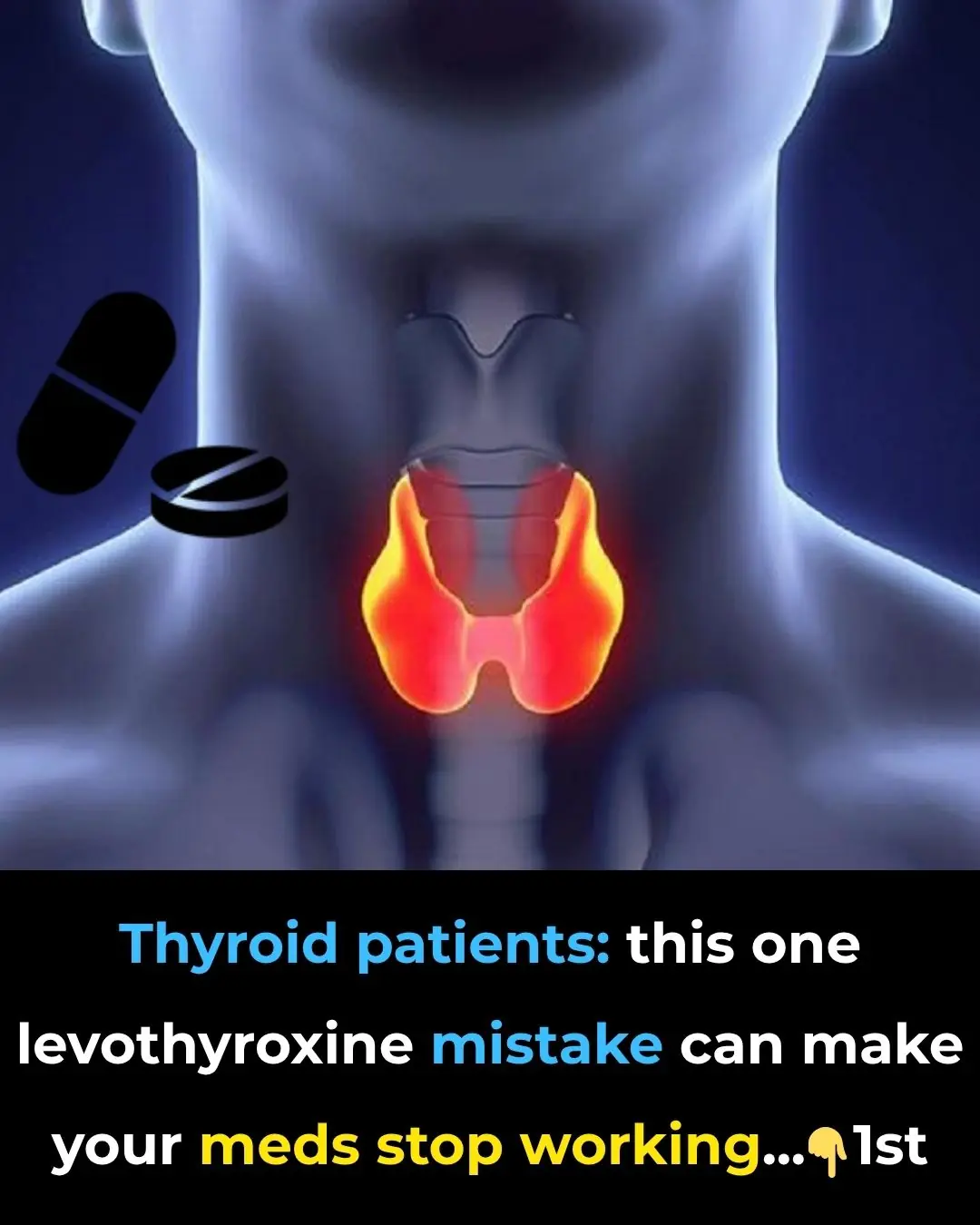
Doctors prescribe LEVOTHYROXINE—but here’s what they don’t tell you

The #1 vitamin that can eliminate varicose veins—see how it fixes venous insufficiency!
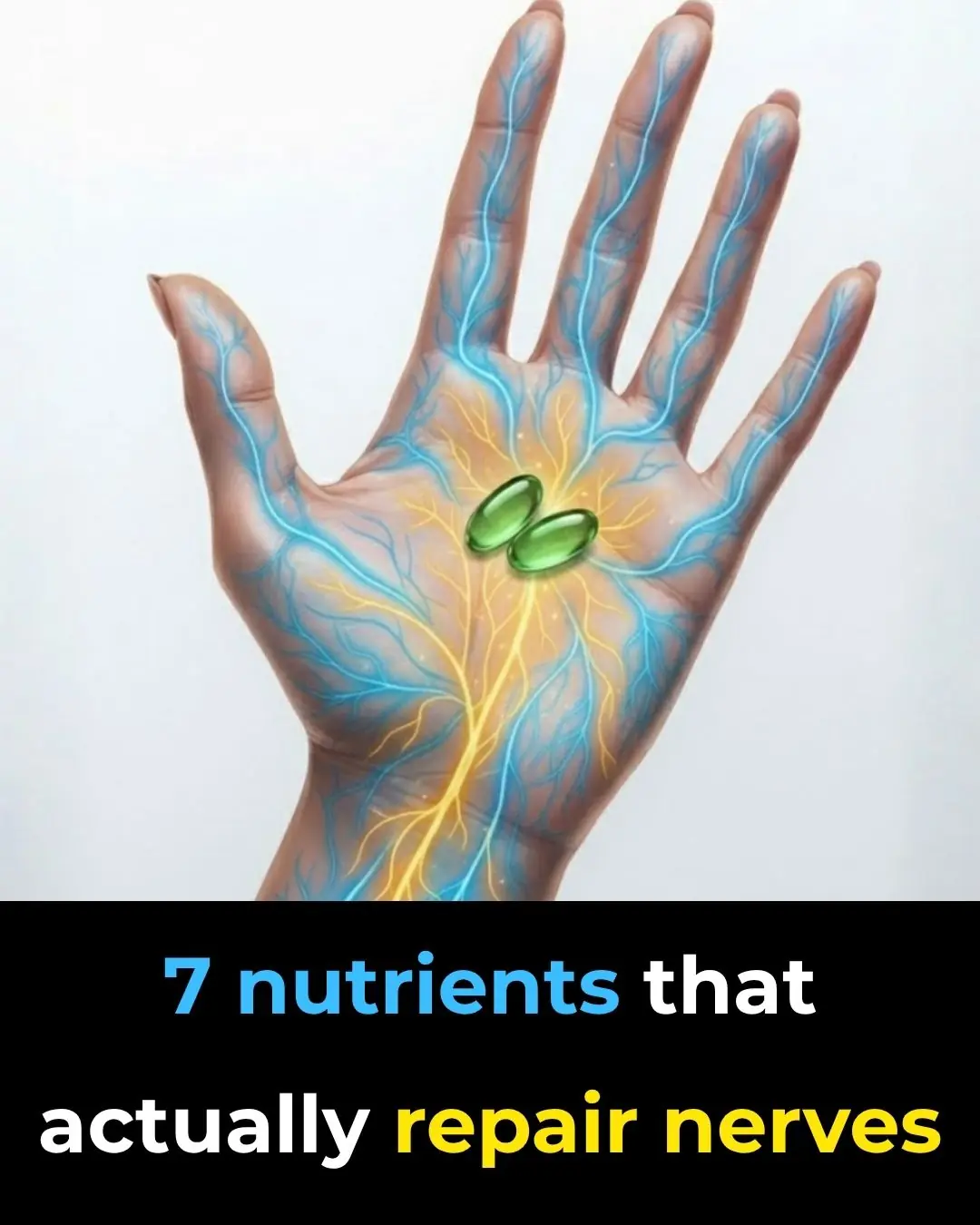
7 nutrients that actually repair nerves

The Forbidden 6-Ingredient Nightcap That Melts Belly Fat While You Sleep and Rewires Immunity Before Breakfast
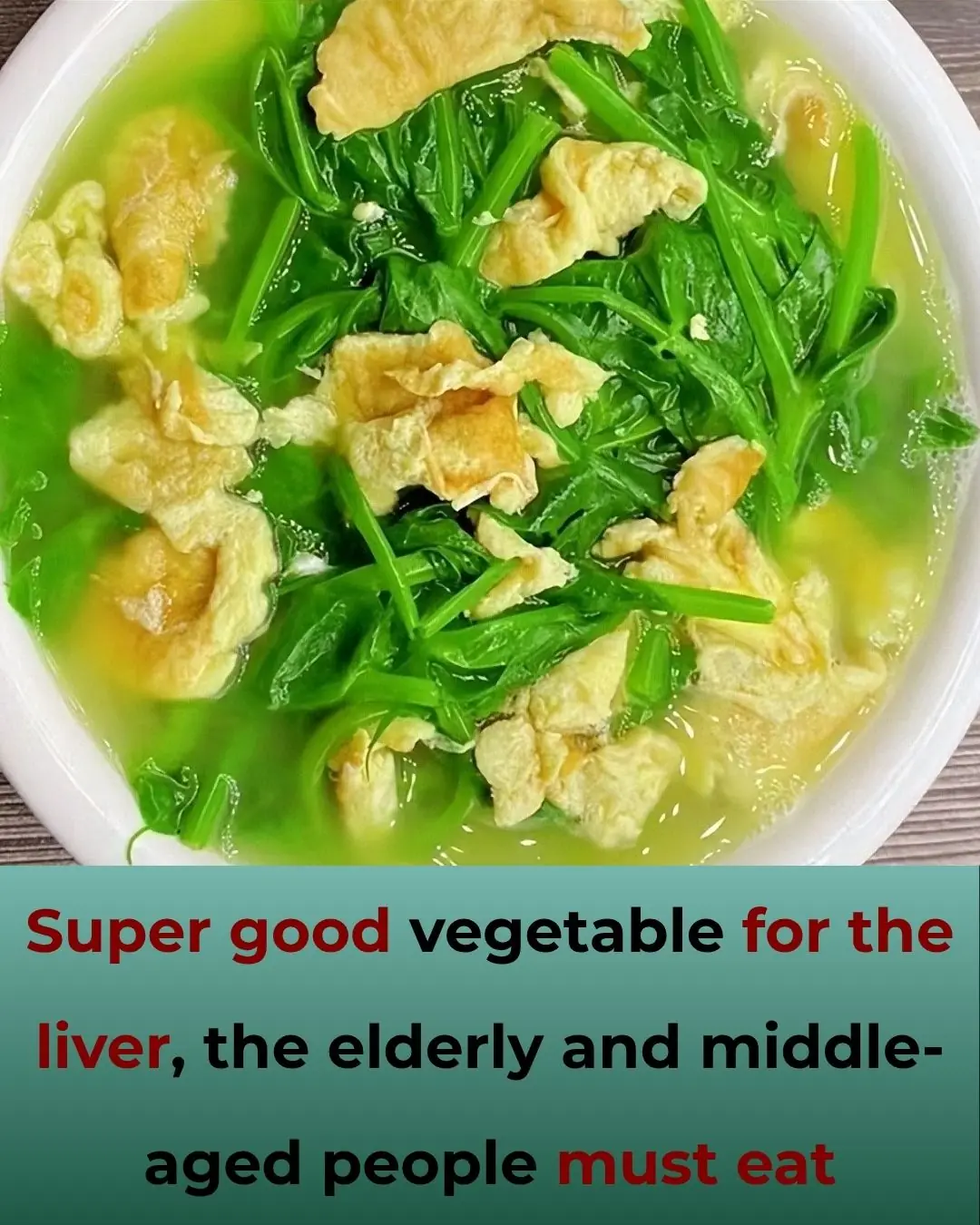
Super good vegetable for the liver, the elderly and middle-aged people must eat

Don’t ignore this heart test—it might save your life!

The Forbidden Elixir Big Pharma Hopes You Never Discover: Master Tonic – One Daily Shot to Bulletproof Your Immunity and Ignite Lifelong Vitality!
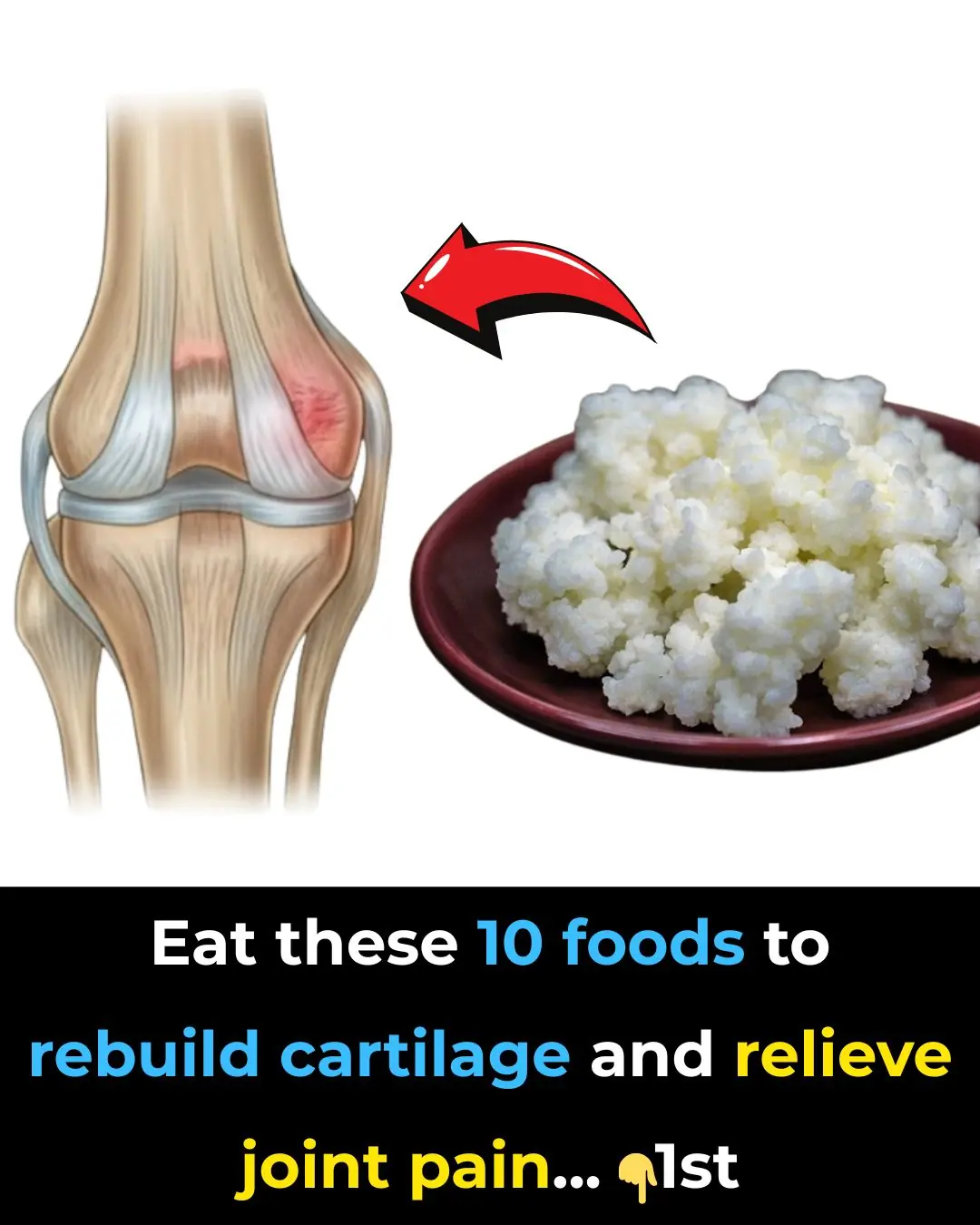
Top 10 Foods to Heal Knee Pain and Boost Cartilage

Doctors Warn Of Rising Cases Of “Popcorn Lung” Among Young Adults — Here’s What You Need To Know

5 warning signs of cancer developing in the body
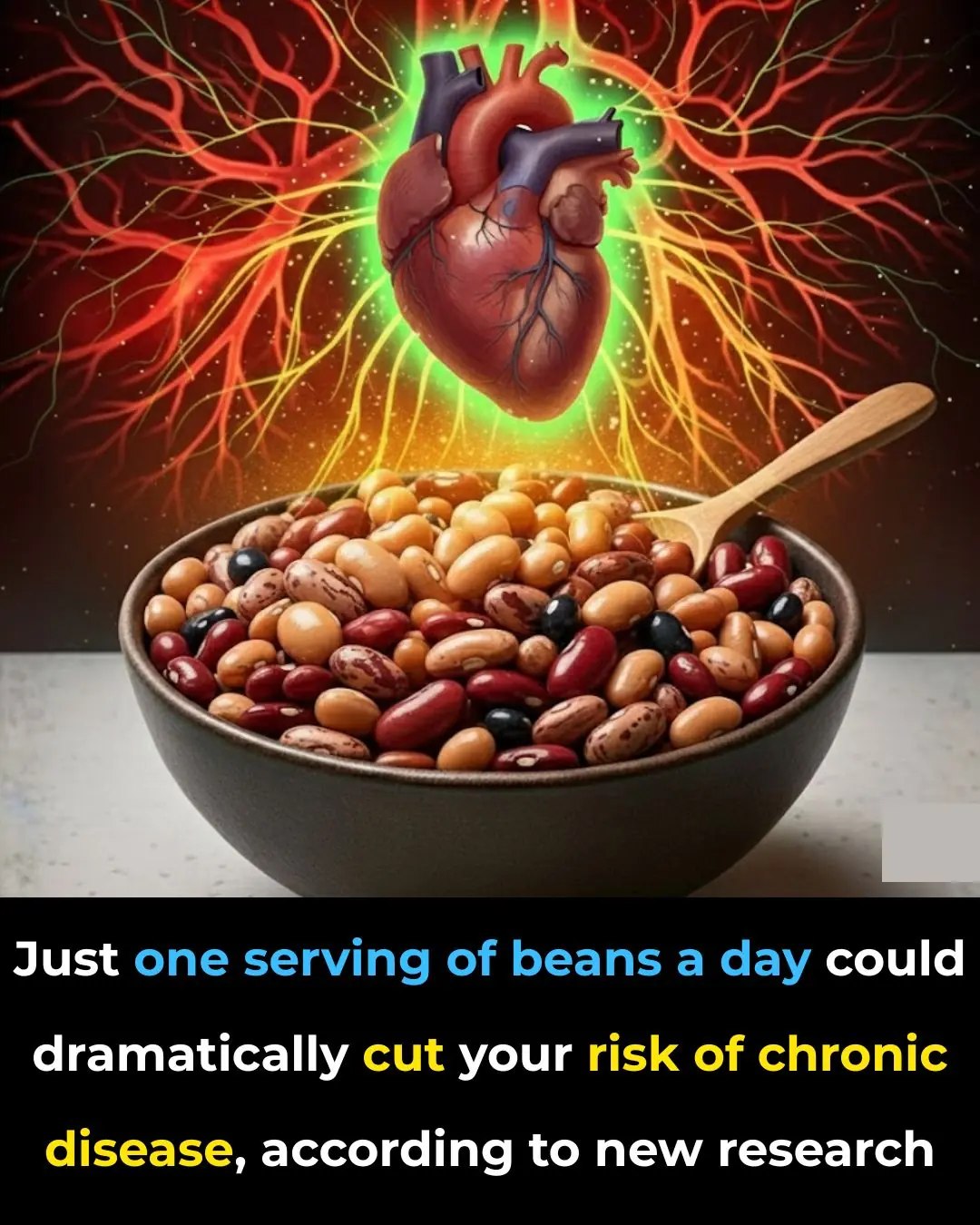
Eating beans daily slashes your risks of heart disease and diabetes, study finds

8 Early Signs of Mild Kidney Dysfunction Many People Overlook Until It Becomes Serious

How To Get Rid of Phlegm And Mucus

Here’s The Right Time To Eat Everything
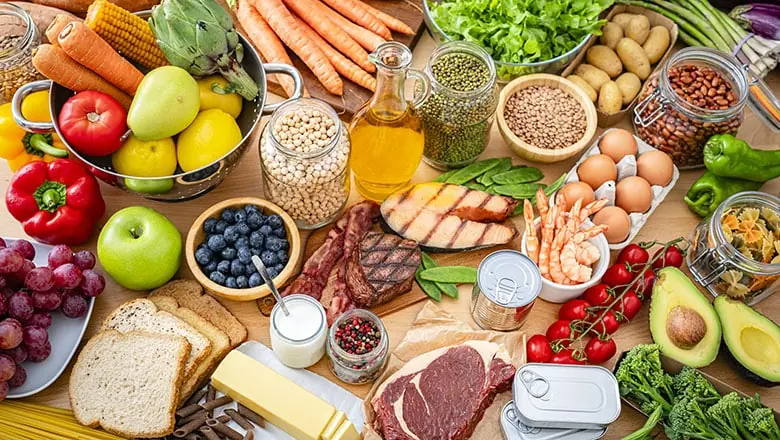
The #1 Seed That Makes Bones & Muscles Strong — And How to Use It!
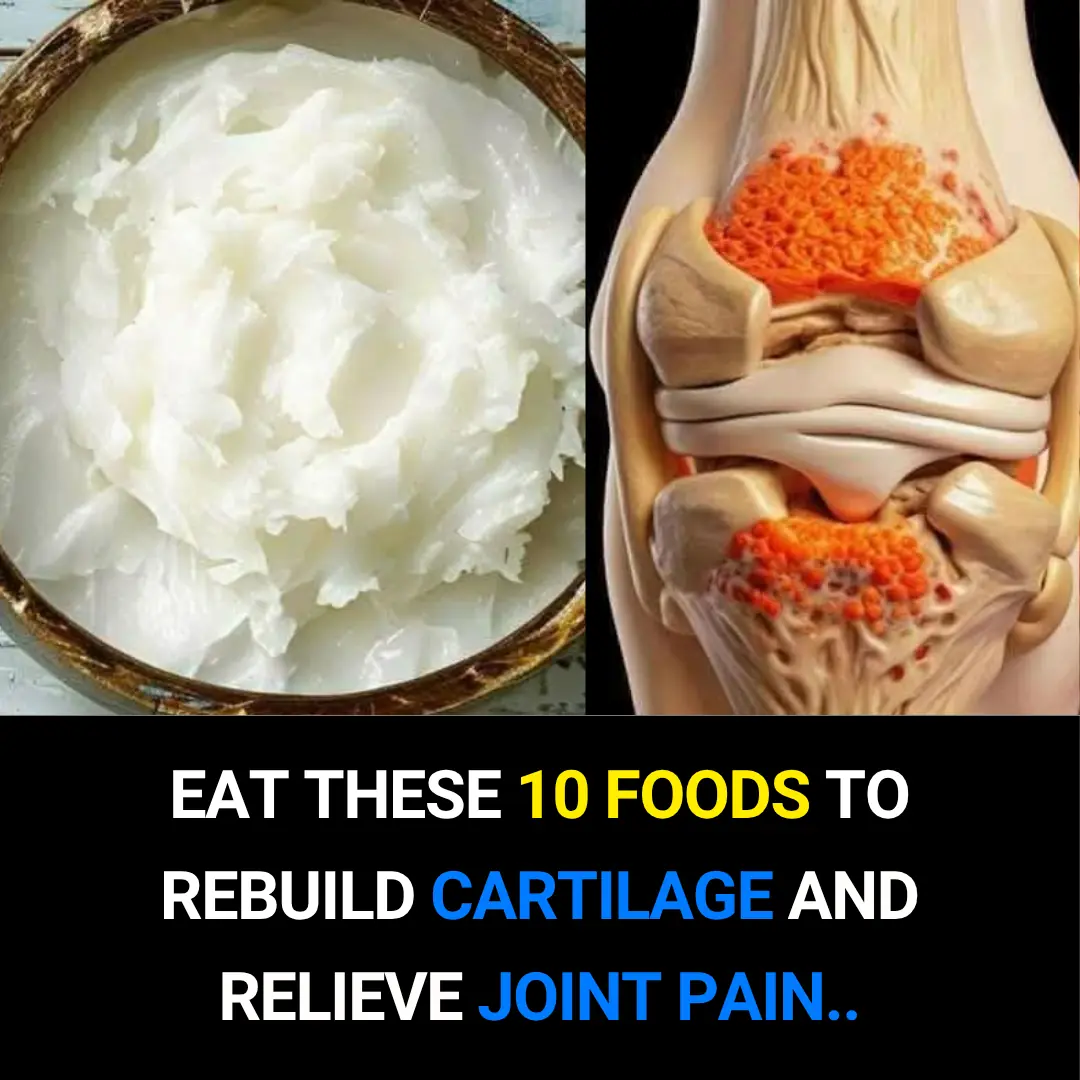
Top 10 Foods to Heal Knee Pain and Boost Cartilage Naturally

Vitamin D3 Could Cut the Risk of a Second Heart Attack by Half
News Post

Shower Head Clogged After Long Use? Try This Method to Clean It Easily Without Spending Money
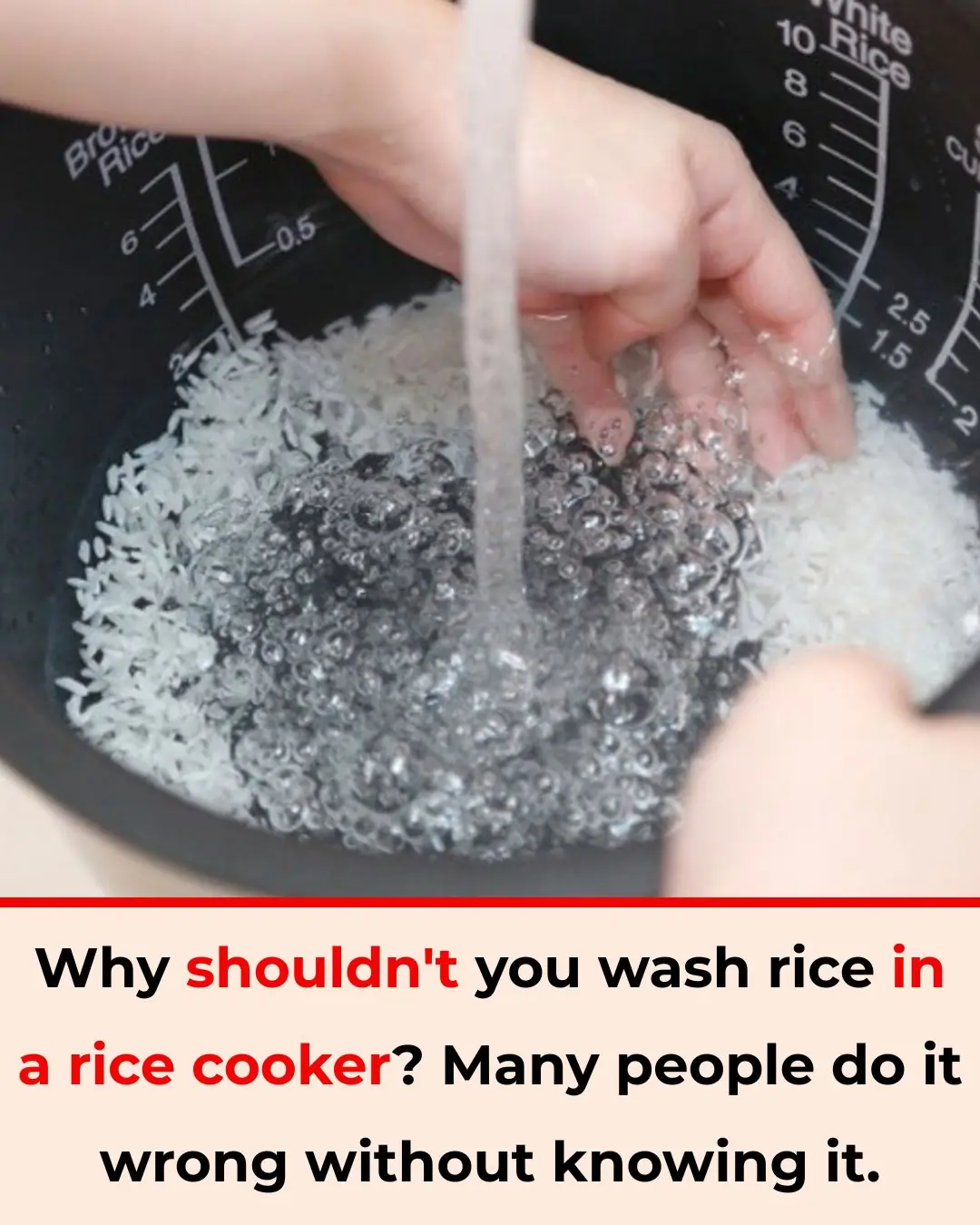
Why You Shouldn’t Wash Rice Inside the Electric Rice Cooker: A Common Mistake Many People Don’t Know

Add This Ingredient to Your Coffee: No More Yellow Teeth or Bad Breath

Don’t Eat Tofu Right Away After Buying It: Freezing It in the Fridge Has Amazing Benefits

Don’t Rush to Store Lemons in the Fridge — Do This Instead to Keep Them Fresh All Year Without Bitterness
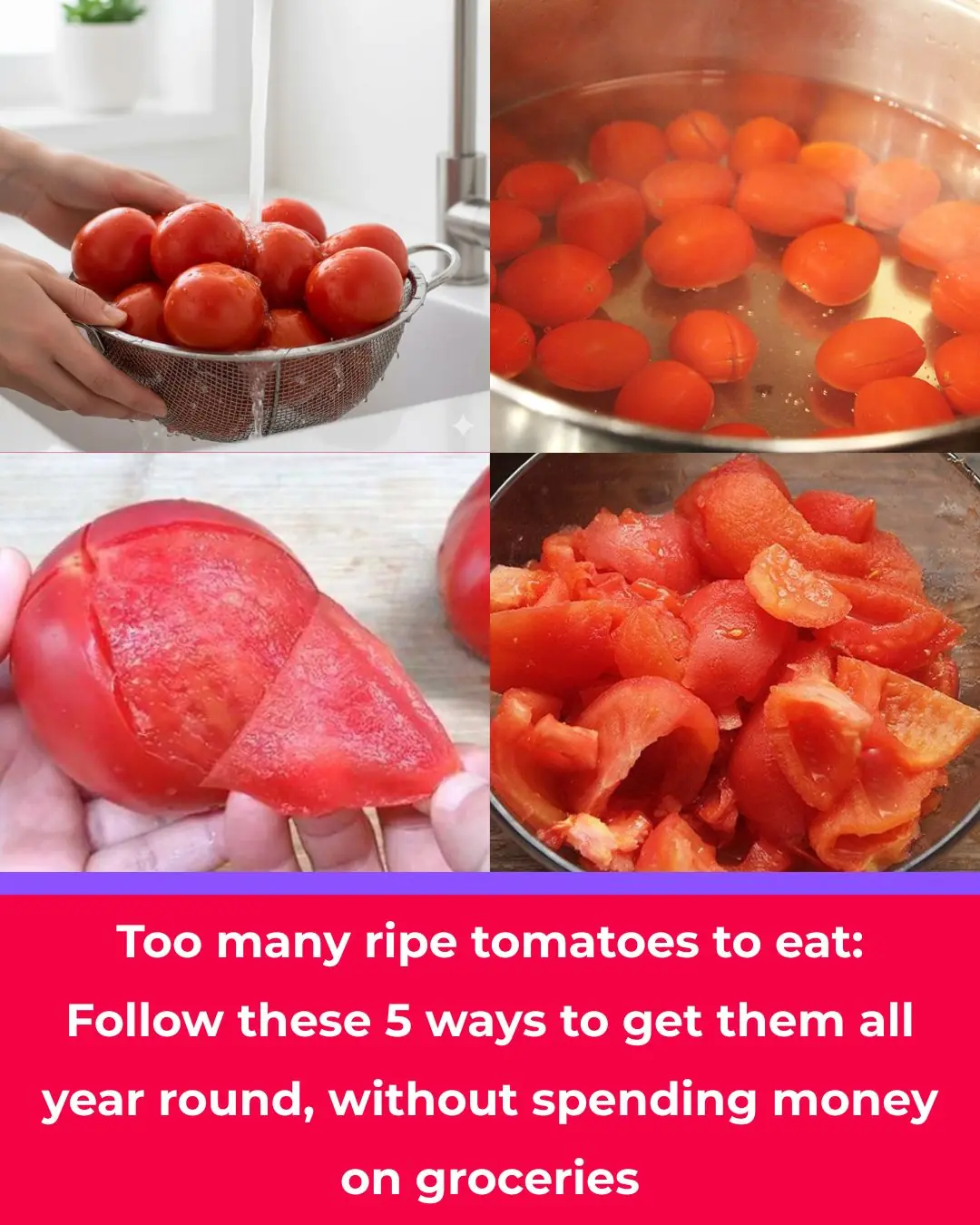
Too Many Ripe Tomatoes? Try These 5 Preservation Methods to Enjoy Them All Year — Without Spending on Fresh Ones

The “Miracle” Termite Prevention Methods for Wooden Furniture

Kelvin Fletcher and wife Liz share update as they reveal they're expecting 'new arrivals'

Don’t Clean a Dirty Rice Cooker with Plain Water: Use This Trick and It’ll Shine Like New in Just 5 Minutes

Gordon Ramsay shares health update as he reveals why he "had to come clean" over cancer diagnosis

KIM KARDASHIAN FAILS THE CALIFORNIA BAR EXAM

You’re Storing Your Winter Coats All Wrong — Here’s How to Do It Right

Why Bath Towels Have Lines — And What They Actually Do

Prince Harry and Meghan Markle roasted over deleted Kris Jenner birthday photos as fans speculate ‘embarrassing’ reasons why

You’re Storing Your Batteries Wrong — Here’s How to Do It Right

The Right Way to Clean and Care for Your Winter Boots

Why You Should Regularly Clear Cookies on Your Smartphone

The One Show’s Alex Jones in tears as she makes emotional announcement: ‘We are all so proud of you

Can a Common Kitchen Spice Help Prevent Type 2 Diabetes? New Research Raises Big Questions
